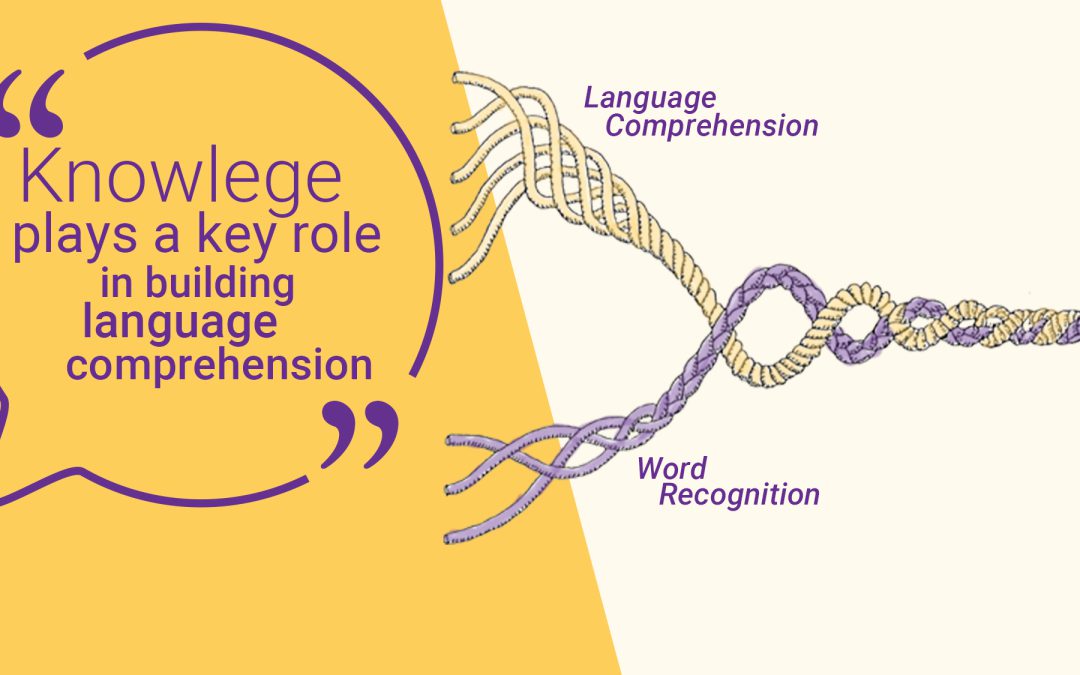

As we continue to discuss the science of reading, let’s not neglect the role of background knowledge.
While phonics and the work in the word recognition strand of Scarborough’s reading rope are critical to becoming a skilled reader, what’s often neglected in conversations around reading policy is the work encompassed by the language comprehension strand, particularly the role that background knowledge plays in reading comprehension. This is a piece of work that secondary teachers can immediately add into their instruction without specialized knowledge about teaching phonics.
Local Agency and Adaption Are Needed for Equitable Improvements to Instruction
Educators and schools whose students have high average achievement tend to be given a lot of freedom whereas educators and schools whose students have low average achievement are given little freedom. In this article, Chris Schunn, an LRDC senior scientist, shares that in his experience, this approach tends to have many negative consequences, and the net effect is to amplify inequities.
Finding Entry Points Can Unlock Educators’ and Learners’ Potential
A simple question sparked big changes in Nashville. By challenging the thinking of adults, educators can discover new approaches and consider ways to refine their existing approaches to challenge the thinking of their students.
The Science of Reading: Looking Beyond Phonics Instruction
The Science of Reading seems to be everywhere, from literacy research journals to mainstream media outlets. A recent Google search of the science of reading yielded over 4 billion results. Much of what we see and hear focuses on how to support children in their ability to decode words and the importance of systematic phonics instruction. But is that all there is to it? Check out this article to learn more the science of reading, an approach that prioritizes basic science with a scope that encompasses more than just phonics.
Relational Thinking: Text to Text, Self, and World Connections in MATH!
It is common in ELA classrooms for students to leverage relational thinking around text-to-text, text-to-self, and text-to-world connections. What does this kind of relational thinking look like in math class and how can it benefit students? This article, the second in the series, uses classroom scenarios to look at how these connections provide opportunities for students to become stronger mathematicians and for teachers to implement more equitable teaching practice.
Navigating the Cost of College Can be Confusing, this Q&A May Help
“To prepare students for college, career, and community success”
Lots of school districts include some version of this line as part of their core purpose—and with good reason! So, with college application season upon us, now is a good time to consider college costs.
In Their Own Words, Stories from the Field
Here we are mid-October and the excitement and nerves that come with a fresh school year have given way to the joy that grows out of learning and the comfort from predictable classroom routines.
As teachers move further into the year, we wanted to create space to share some of their stories. We reached out to educators and posed the following to questions to get their thoughts.
• What led you to education?
• What goals do you have for the work you do?
• How does your work reflect you?
The following are excerpts from several responses. We invite you to read, pause, celebrate, and reflect on their stories.






